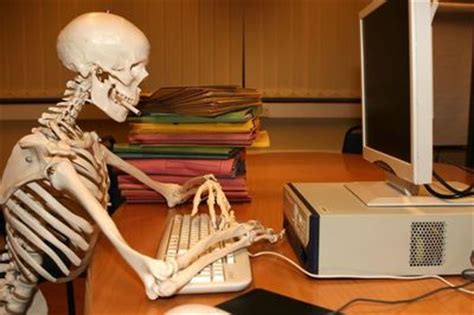What It Feels Like To Give Up The Internet For Three Months
 I could obviously never do it, but British author Johann Hari was able to, and it sounds amazing:
I could obviously never do it, but British author Johann Hari was able to, and it sounds amazing:
All his friends “couldn’t seem to process what I was saying,” Hari writes in his new book, “Stolen Focus: Why You Can’t Pay Attention — and How to Think Deeply Again” (Crown), out Jan. 25. “The idea of going offline completely seemed to them so bizarre that I had to explain it again and again.”
“I did it in desperation,” he writes. “I felt that if I stripped everything back for a time, I might start to be able to glimpse the changes we could all make in a more sustainable way.”
Hari, now 42, rented a small place in Provincetown, Mass., at the northern tip of Cape Cod. He didn’t have a partner at the time, or a full-time job or kids, so taking the break affected nobody but himself. He eventually found a cellphone without internet access, a device called the Jitterbug that’s “designed for extremely old people, and it doubles as a medical emergency device,” he writes.
Hari spent his first week in a “haze of decompression,” he writes, sitting in cafes and reading books, sometimes talking to strangers and often just being alone with his thoughts. He also felt something he hadn’t experienced in years: Calm.
It was a weird sensation given that all he’d done was “leave two lumps of metal behind,” Hari writes. It was as if his phone and laptop were “screaming, colicky babies, and now the babies had been handed over to a babysitter, and their screaming and vomiting had vanished from view.”
In late June of 2018, a gunman murdered five people at a newspaper office in Maryland. Normally, during such a tragedy, Hari would have been glued to social media, texting with friends the moment it happened. Instead, he didn’t even hear about it until the day after the massacre, and he knew “within ten minutes all the details I needed to know, from a dead tree,” Hari writes.
“My normal mode of consuming news, I realized, induced panic; this new style induced perspective.”
As time went on, Hari realized how little he really needed the internet. Six friends had his phone number, so he could be reached in case of an emergency. If he needed medical care, he could call 911. If he was curious about something, he went to the local library. If he wanted to know about the weather tomorrow, he just asked the locals at the downtown cafe.
If my job and entire livelihood didn’t depend on the internet, I would unplug in a heartbeat. Then again, it would still be tough. Even when I’ve had brief vacations, I would still go online at least twice a day (usually right when waking up and right before going to sleep). More on Hari’s experience here.










